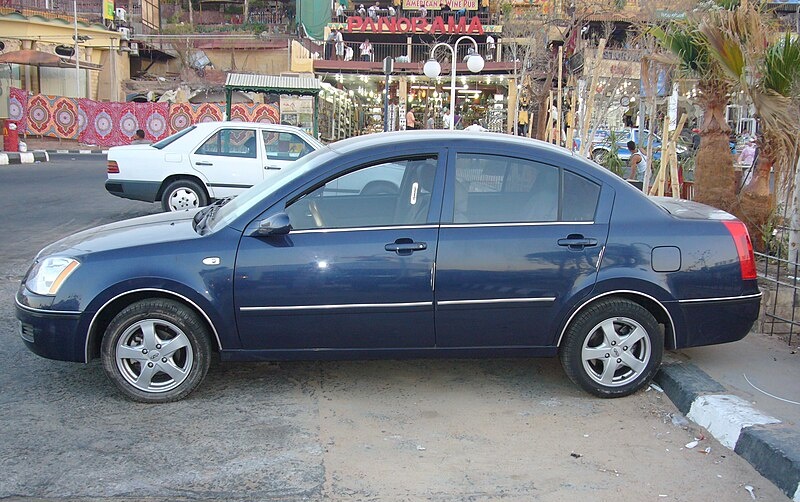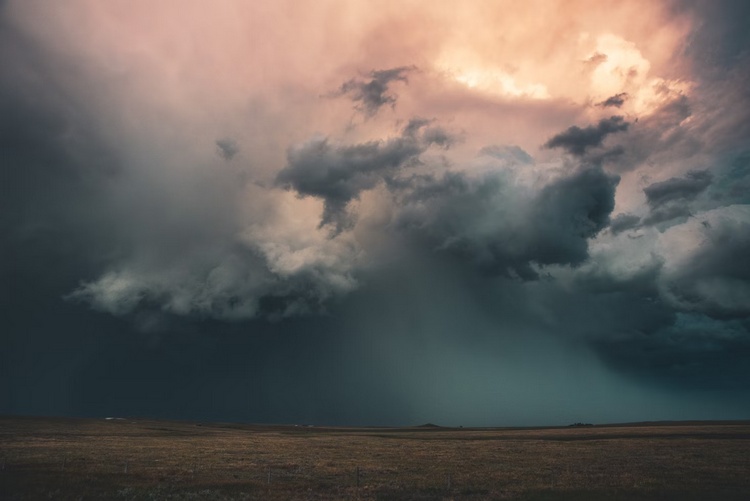November 20 NEC Energy News
¶ “Chery Claims to Have 1-GWh Solid-State Battery Production Line” • Chinese automaker Chery claims to have a GWh-level solid-state battery production line under development in Wuhu, Anhui Province. It is developing the plant jointly by Anhui Anwa New Energy Co, Ltd and the Wuhu Economic and Technological Development Zone. [CleanTechnica]

¶ “Iran Increasing Stockpile Of Near-Weapons-Grade Uranium, UN Says” • Iran has defied international demands to rein in its nuclear program and has increased its stockpile of uranium enriched to near-weapons-grade levels, says a confidential report by the United Nations’ nuclear watchdog that was seen by The Associated Press. [CNN]
¶ “Why Cloud Seeding Cannot Make Or Control The Weather” • Meteorology may have come a long way since its inception, but it is not possible for anyone – whether government, scientists or billionaires – to control the weather, experts say. We might get a 10% increase in local rain by seeding clouds, but creating or even steering hurricanes is another thing. [ABC News]
¶ “A Once-In-A-Decade Bomb Cyclone Is Taking Shape Off The West Coast” • A powerful “bomb cyclone” will combine with an atmospheric river to unleash over a month’s worth of rain, hurricane-force wind gusts, and feet of mountain snow to parts of the Pacific Northwest and Northern California. Power outages already affect 400,000 customers. [CNN]

¶ “Lithuania To Achieve 100% Renewable Energy In Electricity By 2030” • By 2030, Lithuania’s national electricity grid will turn green, with renewable generating capacity providing 100% of the country’s electricity, said Lithuania’s Minister of Environment Simonas Gentvilas as he addressed the COP29 summit in Baku, Trend reports. [Trend News Agency]
¶ “Australia’s Emissions Down 30% Thanks To Renewables” • A report published by the Clean Energy Council and Green Energy Markets shows that a surge in renewable energy investment since 2015 reduced emissions by 30% relative to what they would be if Australia had remained reliant on the fleet of power stations it had in that year. [Energy Source & Distribution]
For more news, please visit geoharvey – Daily News about Energy and Climate Change.
